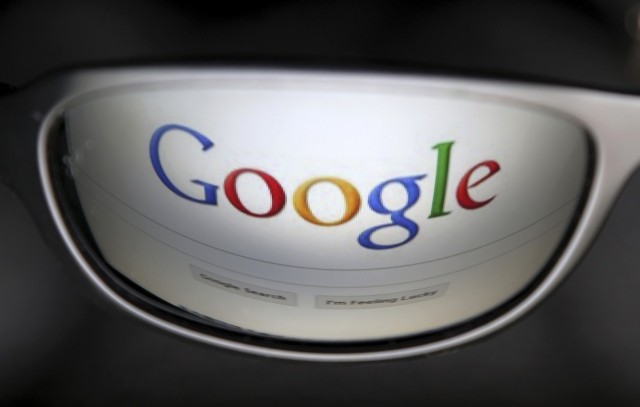Google along with some researchers have finally found the solution to one of the major problems that serves as a setback for quantum computing.
This has been one of the biggest paradoxes in the computing world; a convention computer's basic operating procedure is to check for mistakes, however this logic does not apply into quantum computing wherein that act of checking for an error is more likely to create an error at the same time. This error is known as bit-flipping and happens when a microprocessor is experiencing some sort of external interference.
Google engineers along with researchers from the University of California Santa Barbara have been trying to solve this problem and they believe that they have finally stumbled into the answer.
Their solution is to create a chip that can process quantum bits or qubits which is quantum computing's answer to the binary (0 and 1) code used by the customary microprocessors. According to the team, they have created a technique in order to program the qubits into sweeping other qubits for error without creating a new error themselves.
Following this idea, researchers say that quantum computing when applied to the real world will require a lot of processing power for error correction, according to Wired. This problem is what hinders engineers from developing a practical computer that could perform quantum processes.
Perimeter Institute engineer for quantum error correction Daniel Gottesman said, "More work needs to be done before we can say that all the elements required for fault-tolerant quantum computation are in place, but I do think this work shows that we are close."
Google has been researching for ways of developing practical quantum computers since 2009 and to it began with its collaboration with D-Wave Systems, according to Technology Reviews.



























